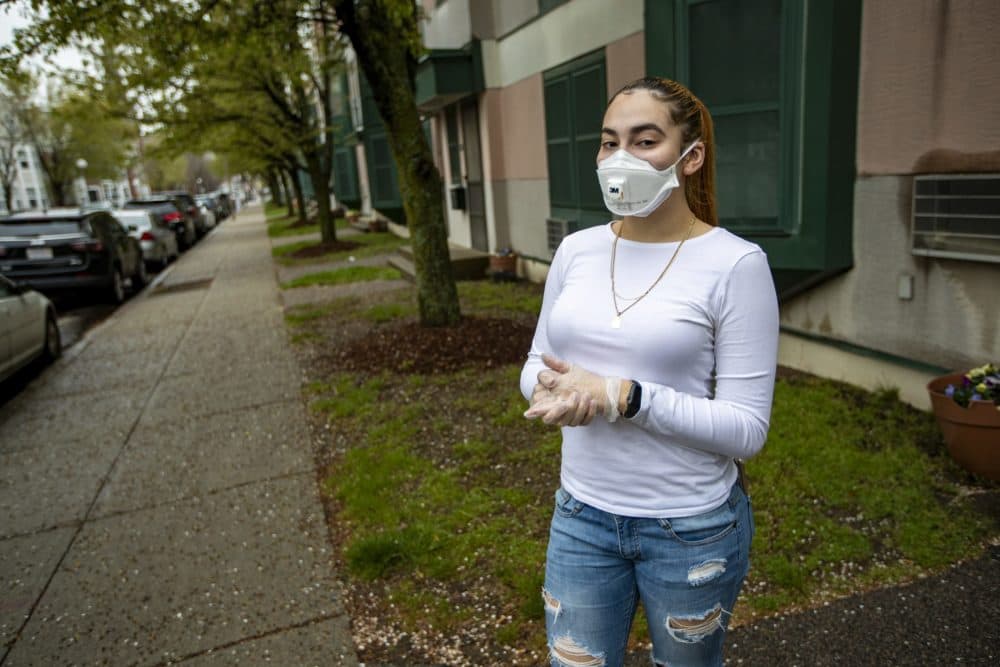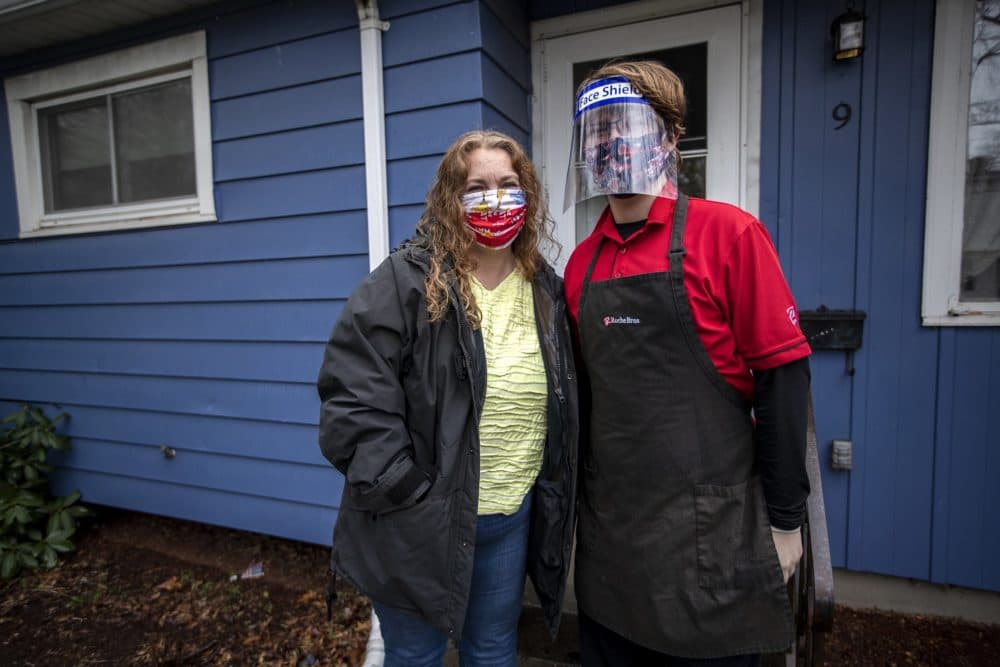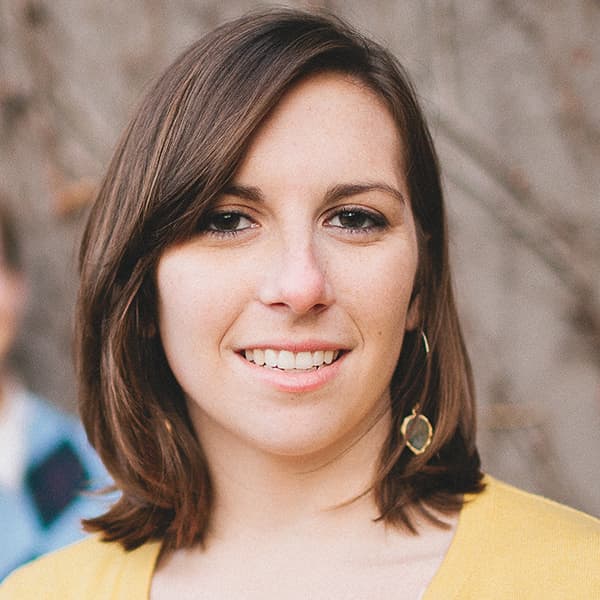Advertisement
Coronavirus Coverage
High School Student And Essential Worker: Teens Fill Essential Role During Pandemic

Even though school is closed, 17-year-old Melany Cardona still gets up at 6 a.m. She puts on her CVS polo, gloves and an N95 mask, and heads to work in the Seaport.
"Now, a lot of customers are starting to take it serious," she said. "They wear masks. They don't stand too close to us when they ask us for something. They would move out of the way so that we could help them."
When Cardona gets home to Dorchester, she leaves her coat and shoes near the door and heads straight to the bathroom. She showers and puts her clothes in a bag until she can hang them outside or wash them.
Also a high school junior at Boston Latin Academy, Casey Browne lives in West Roxbury and works at a Roche Brother nearby. Since the pandemic, he’s picked up an extra four hours each week, and is filling a variety of roles in the store while wearing gloves, a cloth mask and a face shield.
"I never expected that something like this would happen or at 17 years old, I'd be called an essential worker," said Browne.
Grocery, convenience and drug stores rely on teenage workers. In essential service industries in Massachusetts, 3% of workers are between 14 and 18 years old, according to analysis of Census data conducted by the UMass Dartmouth Public Policy Center at the request of WBUR. Of those youth workers, 70% are employed by grocery, convenience and drug stores.
Before the pandemic, Browne and Cardona each made $12.75 an hour. Roche Brothers has bumped Browne up by $2 an hour. CVS is giving a bonus to workers.
"I know it's not safe to work, but it is a good time to work in the sense that I'm still going to be able to get money," Cardona said. "Eventually, we'll be in September and it'll be my senior year. I know I'm going to have to pay for applications for colleges, get ready for graduation. I want to be able to pay for myself, and I can't if I don't work."
Cardona wants to go to a school in the south and train to be a pharmacist or a radiologist. Once she turns 18 next March, she could apply to become a pharmacy tech at CVS. The hardest part for her is not being able to visit her 1-year-old nephew.
Advertisement

It’s also hard for their parents. Browne’s oldest brother is home from college and also works at Roche Brothers. Their mom, Amy, sets a rigorous cleaning routine when the boys get home: Lysol sprays, showers and hot laundry cycles.
"My heart races a little when I know they're coming in the door because you know, oh my God, this could be the day they bring it into the house," Amy Browne said. Still, she thinks it's important for her sons to work so others can get groceries.
Melany Cardona recently took two weeks off of work because her mother was worried about her safety.
“Every single day she was coming up to me at least twice a day," she said. "And then it escalated to like five times a day saying, 'Oh, I'm very concerned. Is working necessary? I don't want you getting sick.' "
Cardona said her mom trusts her to be careful and stop working once she no longer feels safe.
But two weeks off isn't an option for other students, said Neil Sullivan, executive director of the Boston Private Industry Council, which helps students with employment.
“It’s complicated because the need for household income has never been greater, particularly with parents being laid off," Sullivan said. "And teenagers have always contributed to family income. It’s obviously more acute in the current environment.”
Sullivan hopes employers can work with students to accommodate their educational needs during this period.
Cardona has been on the honor roll since middle school. She's used to spending several hours each day on school work, staying up until 11 p.m. or midnight most nights.
"I feel like I'm working harder" since school physically closed in March, Cardona said. "They're basically giving us the stuff that we need and the resources, but instead of showing us and helping us and guiding us, we kind of have to do it by ourselves."
Before the pandemic, Cardona would typically get her school work done at the beginning of the week so she could work at CVS over the weekend and one day after school.
Now, her shifts vary as well as her hours. Her virtual class meetings have been scattered throughout the week with readings and assignments posted online.
"Especially when there's multiple teachers like assigning a lot of things or if a teacher assigns everything at once, you’re seeing a lot of work," she said. "Obviously, it's not going to be due in one day, but it does get very overwhelming.”
That should change this week, as Boston rolls out a more structured remote learning plan.
"I wouldn't say that I enjoy how the online learning is going," said Casey Browne. "It's weird and it's just not the same as being in a classroom. It's a lot harder to actually get the material or hold on to it when I'm not in person hearing a lesson."
Still, Cardona and Browne said they want to keep working as long as they can, within reason.
"There’s a point where [if] so many people are getting infected that there's just a 0% chance that I'd go in without being in contact with a carrier, I'd stay home," Browne said. "But right now, I feel like we're still not at that point yet."
Until then, they’ll keep bagging groceries, checking people out, restocking shelves, cleaning and preparing for the SATs, rescheduled for the fall.
This segment aired on May 5, 2020.
